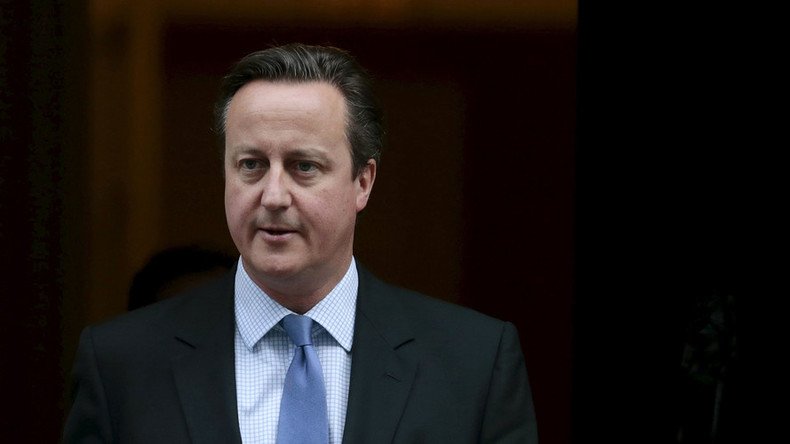Cameron retreats on EU reform, pushes renegotiation back to 2016

Prime Minister David Cameron has made an embarrassing retreat on negotiating a new EU membership deal for Britain by Christmas after European counterparts balked at the idea of such rapid reform.
Cameron had hoped to achieve treaty revisions, including a four-year benefit ban on new EU migrants, by December 17 and 18.
However the PM was forced to concede to Brussels after European leaders told him he was pushing ahead too quickly.
Downing Street said “difficult issues” remained and that it was unrealistic to believe they could be resolved this side of Christmas.
The concession is a blow to Cameron’s plan to achieve key changes in Britain’s relationship with the EU before a referendum is held in the UK. Cameron now hopes to conclude a deal at a second summit in February, potentially paving the way for a referendum in June 2016.
After meetings in Sofia with Bulgarian Prime Minister Boyko Borrisov, the PM said he would use the December summit to “keep up the pace of negotiations.”
“There are significant reforms that we are seeking. We need fundamental, legally binding and irreversible changes,” he said.
“The scale of what we are asking for means we will not resolve this easily. We need time to ensure each issue is properly addressed because what matters most is getting the substance right.
Paris attacks drive majority of Brits to back leaving EU – poll https://t.co/LLvrXuNFZ2pic.twitter.com/5jVcbQSdLh
— RT UK (@RTUKnews) November 24, 2015“This is a large, bold and wide-ranging agenda and it is difficult. We are not going to agree it in one go so I do not expect to reach agreement at this December summit but we won’t take our foot off the pedal,” he added.
Cameron is said to have made the decision to slow the pace of his negotiations after a telephone call with German Chancellor Angela Merkel.
The PM reportedly warned European Council president Donald Tusk and European Commission president Jean-Claude Juncker that he is ready to campaign for the UK to leave the EU unless other his demands are met.
Downing Street will be under pressure from UK businesses to keep Britain with the EU however, with analysts predicting a Brexit would hurt the country’s economy.
Ratings agency Moody’s predicts a British exit from the EU could put the country at risk of a credit rating downgrade, as the UK’s economy would falter as a result of damaged trade and investment.
Moody’s questioned the benefits of leaving the EU. It said the savings made by ending the UK’s contribution to the EU budget would only account for around 0.6 percent of economic output per year.
“Exit would be negative for trade and investment in the UK, given the close links with the EU as the UK’s single most important trading partner and largest source of foreign-direct investment,” Moody’s senior vice president Kathrin Muehlbronner said in a statement.
“These negative effects outweigh the benefits from exit such as cost savings for government and a reduced regulatory burden for businesses in our view.”












